India and Pakistan may have their problems, but once in a while along comes a film like Ramchand Pakistani that forces us all into acknowledgment of not just our common culture with our neighbours in the North West, but the common cost of human suffering. Ramchand Pakistani manages to touch upon a number of issues relevant to both nations, while simultaneously acting as a marker of the increasingly superior output from 'Lollywood' that is deserving of our undivided attention.
Based on a true story, Syed Fazal Hussain plays seven-year-old Ramchand, who belongs to a Dalit Hindu underprivileged family that dwells in a small village in the Thar desert, situated uncomfortably close to the India-Pakistan border. The boy and his father accidentally stray across the border in 2002 when hostilities are at an all-time high between the two nations and soon find themselves in a very bad position.
As the plot unfolds, everything begins to descend into chaos as Ramchand and his father find themselves imprisoned in Gujarat where they are held under suspicion of being spies for a painfully long period of five years. Meanwhile, the boy's mother, Champa (played by Nandita Das), experiences a different sort of hell as she languishes in her empty home, longing and praying for the safe return of her family, even contemplating suicide, eventually giving up all but a faint glimmer of hope for their safe return home.
The film's young director, Mehreen Jabbar, outdoes herself in directing this poignant film and manages to avoid the pitfalls usually faced by directors when attempting something within this difficult genre. She avoids taking sides and helps throw light on an odd situation faced by only a handful that happen to find themselves in the wrong place at a very wrong time.
Indian audiences will be pleased to find at least one familiar face in the crowd in Nandita Das. The only non-Pakistani actor, she plays Champa in a realistic manner worthy of much praise. Champa's silent suffering is another parallel theme explored throughout the film, lending her a human voice that helps us understand her pain. Filled with hope in the beginning, the slow passage of time manages to dull even her resilient spirit.
The film touches upon a number of themes normally held to be taboo. Champa provides the basis for one such situation when we begin to understand that, as the years pass, she finds herself attracted to a sympathetic village friend in Abdullah, yet nothing comes of it, reminding us that religious barriers in Pakistan are surprisingly similar to those in India.
The film focuses largely on Ramchand and his experiences in prison as time goes on, his awkward first glimpses into adolescence and his silent hope of returning home to his mother. Particularly significant is his relationship with the prison warden (played brilliantly by Maria Wasti) who tends to look down upon him in the beginning, him being a member of the lower caste, but as the only female figure in prison, grooms and tends to him lovingly as time continues to pass.
What shines through most is a sense of undying optimism that causes one to admire these unfortunate human beings, who are under privileged in every possible way, yet manage to find hope in the unlikeliest of situations.
The music is appealing and dramatic, and even though the prisoners tend to appear friendlier and even likable at times, as the movie draws to a finale; it manages to retain a strong sense of authenticity.
With a cast of extremely talented actors and shot at the hauntingly beautiful desert countryside along the border, Ramchand Pakistani proves to be a film worthy of remembrance. After Pakistani music then, it seems to be the right time for us to open up a bit more to Pakistan's burgeoning and talented film industry.


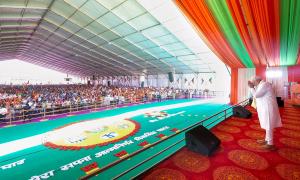
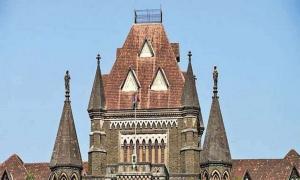

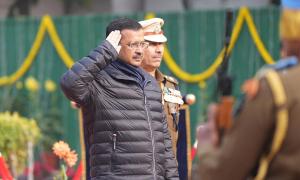

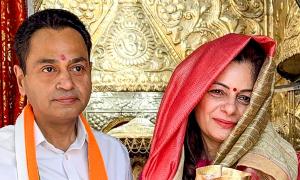
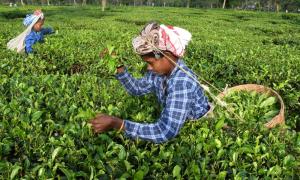
More from rediff